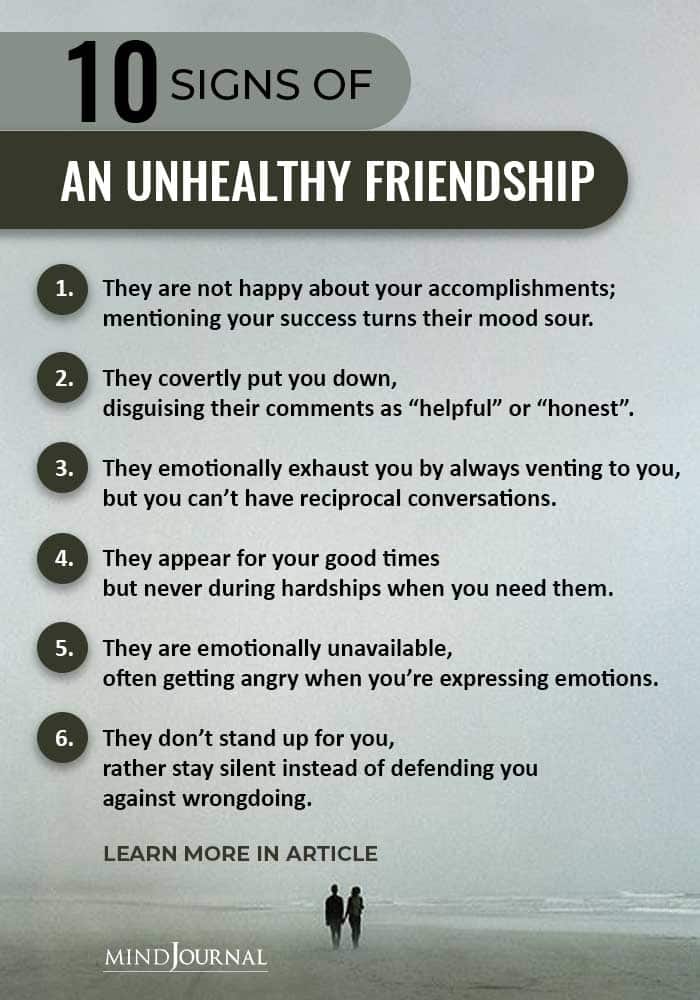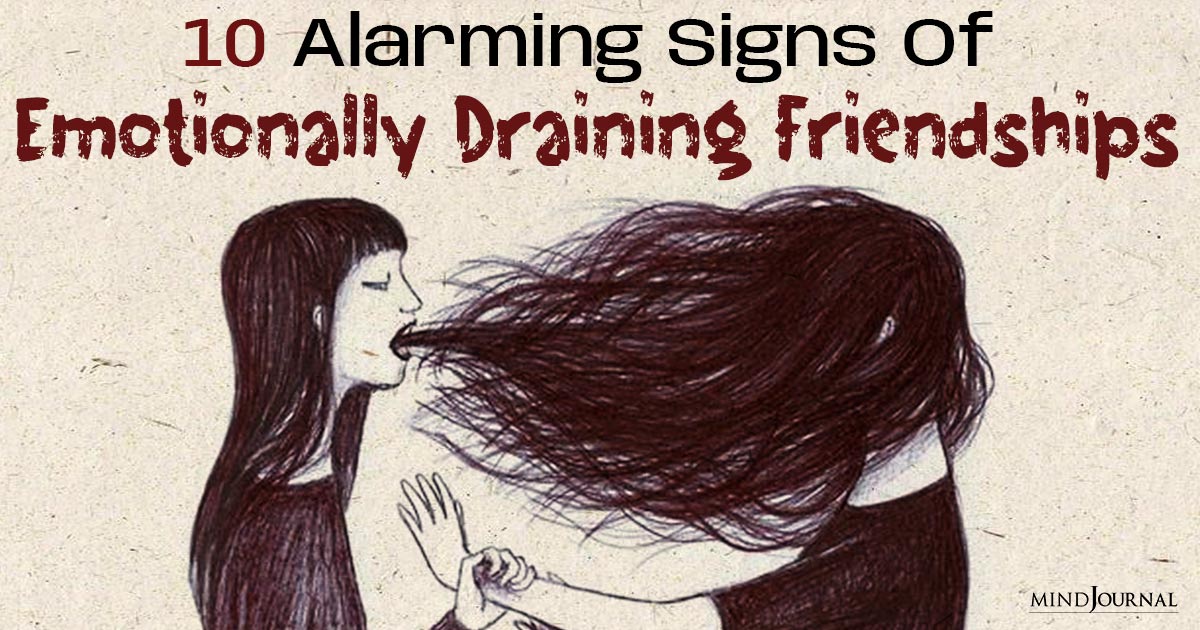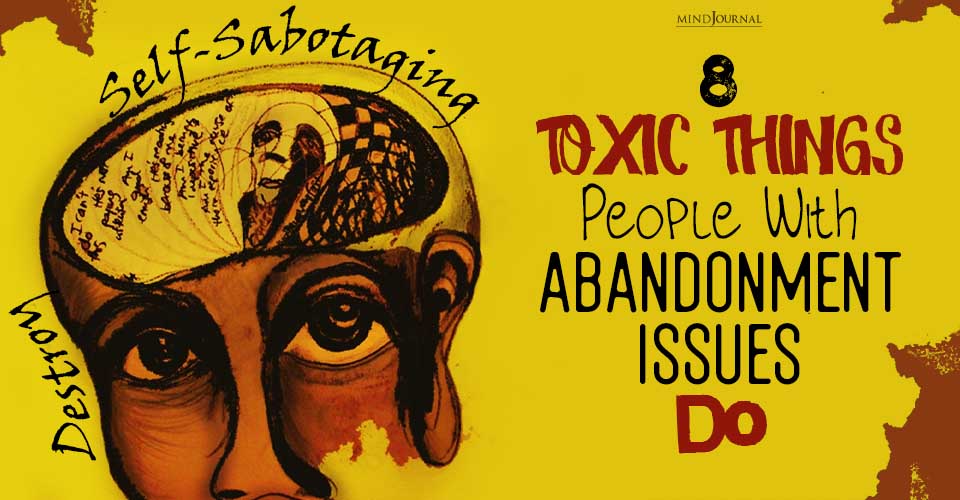Do you feel exhausted and drained after spending time with a certain friend? Do you feel like setting some strict boundaries around this “friend”? Then it is likely that you are dealing with an emotionally draining friend. Let’s explore the signs of an emotionally draining friendship and how to set boundaries to protect yourself.
Who Are Emotionally Draining Friends?
Emotionally draining friends are individuals who consistently demand excessive emotional support, monopolize conversations with their own issues, and leave you feeling mentally exhausted, burned out and depleted after interactions.

They often prioritize their own needs or problems over yours and consistently drain your energy, leaving you emotionally exhausted. They may exhibit toxic behaviors, such as being overly demanding, manipulative, or excessively negative, which can take a toll on your mental and emotional health.
Related: The 7 Types Of Toxic Friends You Should Stay Away From
8 Signs of an Emotionally Draining Friendship You’re Ignoring
Are you dealing with emotionally draining friends? If you are unsure, here are some of the most common signs of an emotionally draining friendship that will help you become more aware –
1. One-Sided Relationships
A clear indication of an emotionally draining friendship is when it feels unbalanced and one-sided. You find yourself constantly giving and supporting your friend, while they rarely reciprocate or show genuine interest in your life.
2. Constant Negativity
Emotionally draining friends tend to have a negative outlook on life and often bring their pessimism into your conversations. They may frequently complain, criticize, or focus on the negative aspects of situations, leaving you feeling drained and overwhelmed with their constant negativity.
3. Emotional Vampires
These friends have a way of making every interaction about themselves and their problems. They monopolize conversations, dismissing your concerns or achievements, and leaving you feeling unheard and insignificant.
4. Manipulative Behavior
Toxic friends may manipulate your emotions to control or guilt-trip you into doing things that benefit them. They may use emotional blackmail, passive-aggressive tactics, or manipulation to get their way, leaving you feeling manipulated and emotionally drained.
5. Consistent Drama
Emotionally draining friendships are often characterized by a never-ending cycle of drama and conflict. Your friend may thrive on creating chaos or thrive on being the victim, drawing you into their problems and leaving you emotionally exhausted by the constant turmoil.
6. Lack of Empathy
A significant red flag in an emotionally draining friendship is the absence of empathy from your friend. They consistently dismiss or invalidate your emotions, making you feel unheard and unsupported.

When you share your struggles or vulnerabilities, they may respond with indifference, minimize your feelings, or even criticize you. This lack of empathy can be emotionally draining and leave you feeling isolated and invalidated. This is one of the most subtle signs of an emotionally draining friendship.
Related: Surviving Toxic Friendships: 15 Shocking Signs Of An Abusive Friend You Can’t Afford To Ignore
7. Constant Comparison
Your friend constantly compares themselves to you or others. They may engage in a never-ending competition, always trying to outdo or one-up you. This behavior can create a hostile environment, erode your self-esteem, and drain your energy as you constantly find yourself on the defensive or feeling inadequate.
8. Boundary Violations
Emotionally draining friends often disregard your personal boundaries, whether consciously or unconsciously. They may invade your privacy, ignore your requests for space or time alone, or pressure you into doing things you’re uncomfortable with.
These boundary violations can lead to feelings of resentment, frustration, and a loss of autonomy, ultimately draining your emotional resources.
How to Set Boundaries with Emotionally Draining Friends?
Here are some effective strategies to establish boundaries with emotionally draining friends that can help to preserve your mental well-being and foster healthier, more balanced relationships in your life –
1. Recognize Your Needs
Start by understanding your own emotional needs and recognizing that it’s okay to prioritize self-care. Acknowledge that you deserve to be in mutually supportive and healthy friendships.
2. Assess the Friendship
Reflect on the dynamics of your friendship and consider whether it is adding value to your life or draining your energy. Evaluate whether the negative aspects outweigh the positive aspects and if the friendship is worth saving.
3. Communicate Your Feelings
Express your feelings openly and honestly with your friend. Use “I” statements to convey how their behavior or actions make you feel while avoiding accusations or blame. Choose a calm and non-confrontational setting to discuss your concerns.
4. Set Clear Boundaries
Establishing and enforcing boundaries is crucial in managing emotionally draining friendships. Clearly communicate what you are comfortable with and what you need from the friendship. Be firm and assertive in maintaining those boundaries, even if it means reducing or limiting contact with your friend.
Related: 7 Things A Fake Friend Would Do: Exposing The Walking Red Flags
5. Seek Support
Reach out to other friends, family, or a therapist for support and guidance. They can provide an outside perspective and help you navigate the challenges of setting boundaries with emotionally draining friends. This is a crucial step when learning how to set boundaries with emotionally draining friends.
6. Practice Self-Care
Focus on self-care activities that promote your well-being, such as engaging in hobbies, spending time with positive people, practicing mindfulness, and prioritizing your mental and emotional health.
Taking care of yourself will build your resilience and make it easier to deal with emotionally draining friendships.

Takeaway
While friendships are meant to be sources of support, joy, and connection, it is not uncommon to encounter emotionally draining friends along the way. Recognizing the signs of an emotionally draining friendship is the first step towards protecting your emotional well-being.
By setting clear boundaries and prioritizing self-care, you can create healthier and more fulfilling relationships that nurture your growth and happiness. Remember, you deserve friendships that lift you up, not weigh you down.
Related: How To End A Toxic Friendship And Break Free
Frequently Asked Questions (FAQs):
What is friendship burnout?
Friendship burnout occurs when the demands of a relationship become overwhelming, leading to emotional exhaustion, resentment, and a desire for distance.
How do you know if your friendship is draining?
Signs of a draining friendship include feeling emotionally exhausted, constantly giving without receiving, and experiencing increased stress or negativity.
How do you respond to an emotionally draining friend?
Responding to an emotionally draining friend involves setting boundaries, communicating openly, and prioritizing self-care to maintain balance.











Leave a Reply